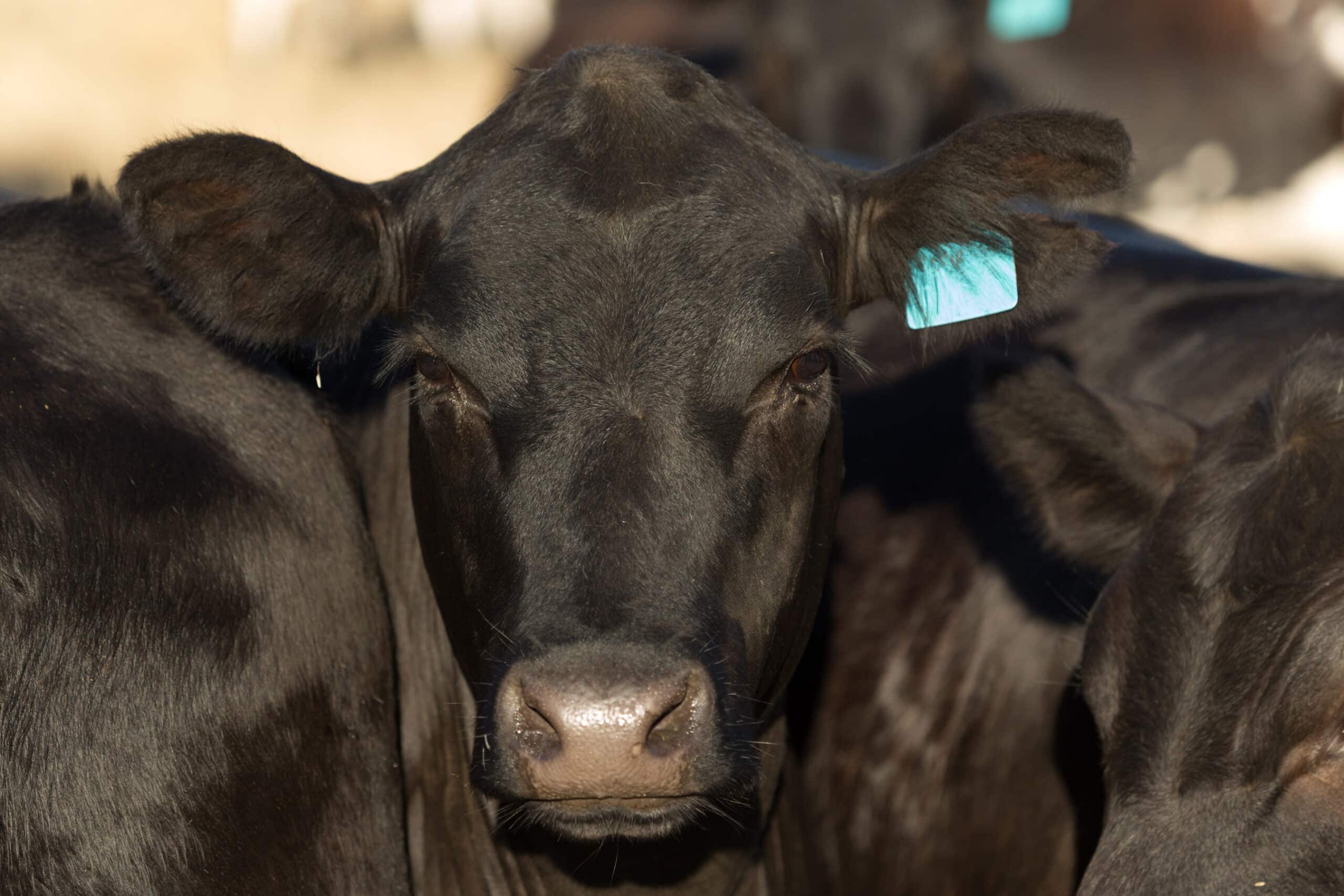Key Takeaways
- A UC Davis study found that Rumin8’s investigational veterinary product reduced total methane emissions by 95.2% in cattle.
- No significant impact was observed on animal production parameters or the rumen environment.
- Methane yield and intensity were reduced by 93.0% and 93.4%, respectively.
- Study highlights the role of enteric methane reduction in achieving global climate goals and mitigating livestock emissions.
- Rumin8 continues regulatory trials worldwide to advance the approval of its methane-reducing feed and water additives.
Scientific Study Validates Rumin8’s Methane Reduction Technology
The first published scientific paper on a Rumin8 animal trial has demonstrated a 95.2% reduction in total methane emissions in cattle, with no significant impact on animal production metrics or the rumen environment. Conducted by the Department of Animal Science at the University of California, Davis (UC Davis), the study evaluated the effects of the Rumin8 Investigational Veterinary Product (IVP) on enteric methane emissions and animal health.
The research, titled “The effect of Rumin8 Investigational Veterinary Product – a bromoform-based feed additive – on enteric methane emissions, animal production parameters, and the rumen environment in feedlot cattle” by L. Kelly et al., was published in Translational Animal Science.
Study Conclusion: “Compared to other studies on synthetic halogenated methane analogues, the CH4 reductions observed with Rumin8 oil IVP in this study are among the most substantial reported. Neither treatment significantly affected animal production parameters or rumen environment parameters.”
Key Findings from the UC Davis Trial
The study involved 24 cattle split into three groups, each fed a total mixed ration (TMR). The results included:
- 95.2% reduction in total methane emissions.
- 93.0% reduction in methane yield (grams per kilogram of dry matter intake, g/kg DMI).
- 93.4% reduction in methane intensity (grams per kilogram of average daily gain, g/kg ADG).
Study authors stated: “These findings suggest that the Rumin8 oil IVP, containing synthetic bromoform [tribromomethane], has the potential to reduce enteric methane emissions.”
Importance of Methane Reduction in Livestock Systems
The study highlights the role of methane reduction in sustainable livestock production, emphasizing that:
- Animal-source foods provide essential nutrients and are expected to see a 73% increase in meat demand and 58% increase in milk demand by 2050.
- Reducing enteric methane emissions is key to meeting national and international climate targets.
- Methane-reducing solutions like Rumin8’s feed additive could help mitigate the environmental impact of livestock production.
Rumin8’s Approach to Methane Reduction
Rumin8 has developed a highly scalable and cost-efficient pharmaceutical process to stabilize tribromomethane, one of the most effective anti-methanogenic compounds studied to date. The company’s feed and water additives aim to support livestock emissions reduction goals while maintaining animal health and productivity.
David Messina, CEO of Rumin8, commented: “The UC Davis trial and publication marks an important milestone for Rumin8, as a globally renowned research institution has now validated the methane reductions we’ve seen in studies conducted in Australia, New Zealand, and Brazil.”
Next Steps for Rumin8
Rumin8 continues to conduct regulatory trials in key cattle markets worldwide, aiming for approval of its methane-reducing additives. As demand for climate-friendly livestock solutions grows, the company is positioned to contribute to global sustainability efforts in the agriculture sector.



1 Comment